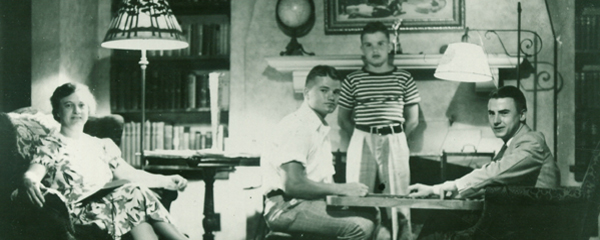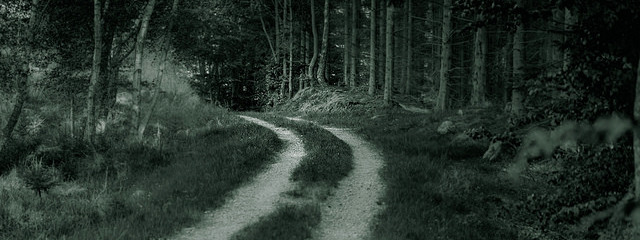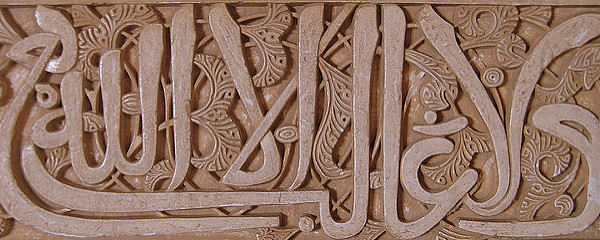ELEANOR WALSH explores the feminist traits of ‘The Limping Bride’, a powerful short story by Samrat Upadhyay: ‘The most striking tension in the story is the stark disparity between what we as the reader learn about Rukmini’s character, and the other characters’ perception of her…’
J.L . BOGENSCHNEIDER looks at domestic secrets and lies in stories by Heinrich Böll and Julio Cortázar : ‘Here then, are two families faced with the same problem: a fragile individual who must be protected from the truth at all costs…’
SHORT STORY ADAPTATIONS: this month, Dr. CHRIS MACHELL looks at the limitations of film in the adaptation of Steven Millhauser’s Eisenheim the Illusionist: ‘Working in the ‘dark realm of transgressions’, Millhauser’s Eisenheim undermines the distinction between reality and illusion…’
TEIKA BELLAMY explores the concept of otherness in Cassandra Parkin’s fairy tales: ‘Throughout my childhood and a large part of my early adult life I didn’t like my name. It was so obviously foreign, ‘other’, and as most children and young adults come to understand, being different is not desirable.’
LOUISE MURRAY explores Oscar Wilde’s fairy tales: ‘Look beneath the surface and simplicity of the narrative, and the reader will find concealed there a deep complexity which complements the ornateness of prose – a complexity of morality, of feeling and of soul.’
MIKE SMITH examines the role of men in H.E. Bates’ short story ‘The Mill’: ‘With such stories it is easy to focus exclusively on what we might call ‘the victim,’ and on the outcome, but it’s worth also looking at members of the ‘supporting cast’ whose lives, behaviours and attitudes enable and create the events in which the protagonist is enmeshed…’
GEOFFREY HEPTONSTALL visits the streets of Shelagh Delaney’s Salford: ‘Neither straightforward autobiography nor wholly imagined fiction could achieve the clarity that these distilled moments of life evoke…’
GRAHAM A. LANDON explores the story behind the stories of Washington Irving’s ‘Tales of the Alhambra’: ‘Unlike many collections of short stories, Irving’s book is not merely a selection of random tales, but is rather an intricate network of interconnected fables, many forming stories within stories, some supplemented by the author’s own imagination, and some derived from his actual experiences at the location.’
As Halloween approaches, BRENDAN O’DEA delves into the pages of Irish Ghost Stories, edited by David Stuart Davies: ‘this anthology provokes in me a sense of pride for the Irish ghost story, and reminds me that there is something cathartic about a well-written story where the protagonist is completely transformed as a result of an encounter with a ghostly presence…’
DAVID BUTLER finds cruelty in the pages of Katherine Mansfield’s stories: ‘I would argue that Mansfield’s aesthetic is frequently more disquieting, even cruel – in the sense that her acquaintance D. H. Lawrence called Dostoevsky’s talent cruel…’









